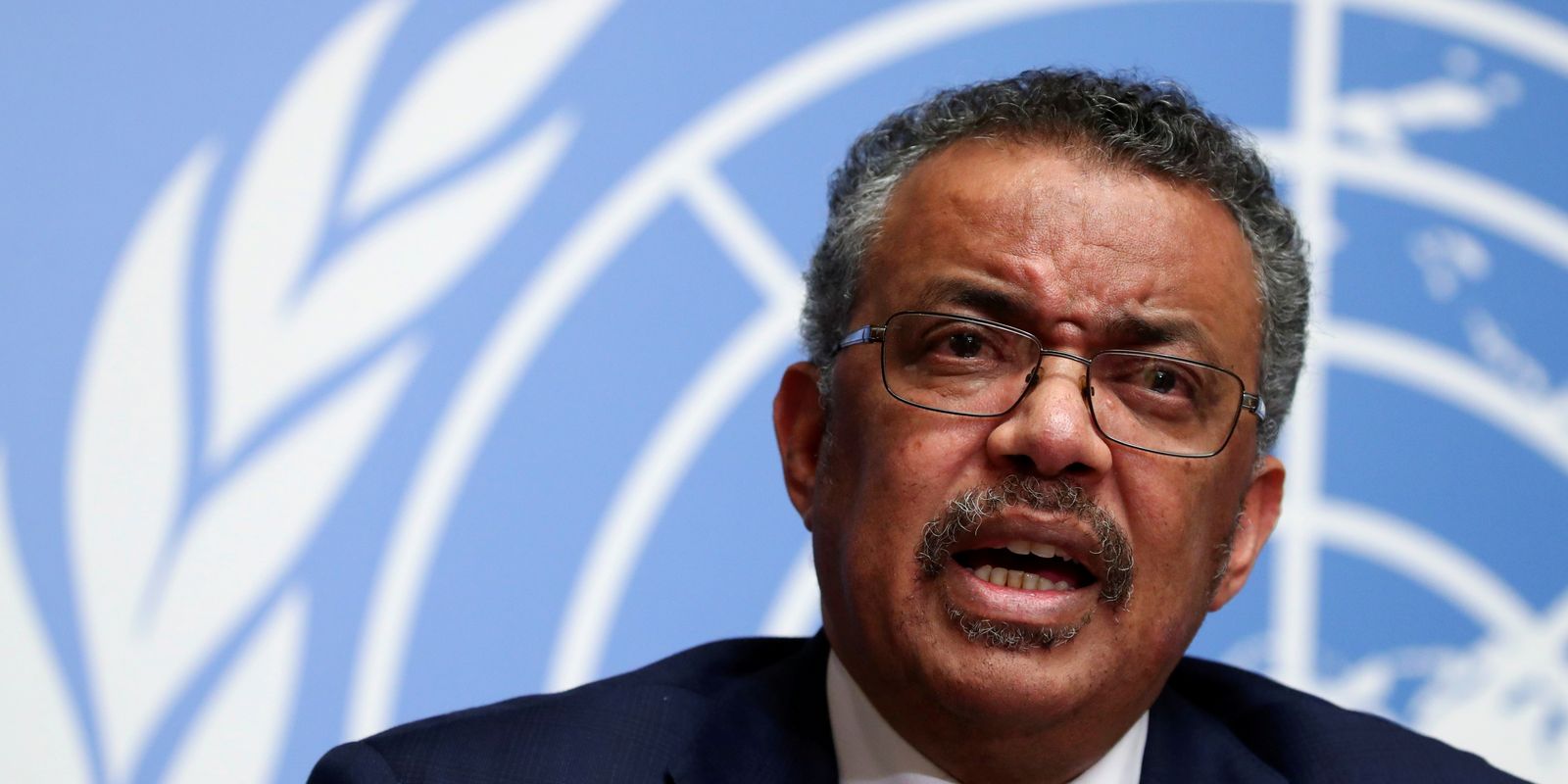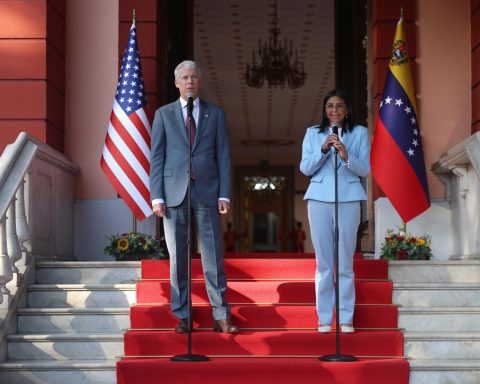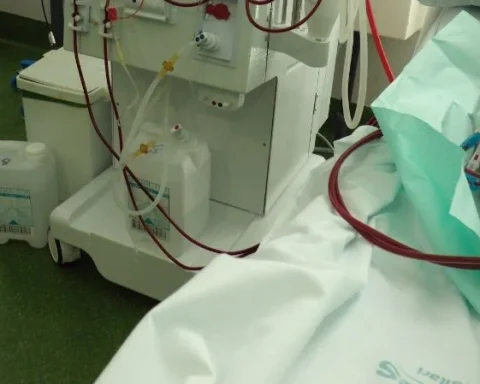During a visit to Brazil, the director general of the World Health Organization (WHO), Tedros Adhanom Ghebreyesus, called on G20 leaders to support access to vaccines against HPV, as well as tracking the virus. “Let’s make the elimination of cervical cancer a reality,” he wrote on his profile on the social network X.
Upon arriving in Rio de Janeiro for the G20 Leaders’ Summit, Tedros referenced the blue lighting projected on Christ the Redeemer, in support of the global movement to combat HPV and eliminate cervical cancer. “This is the only cancer that we have all the tools to eliminate,” the WHO director posted on social media.
Brazil
Data from the Ministry of Health indicate that Brazil records, on average, 17 thousand cases and around 6.5 thousand deaths from cervical cancer every year. The disease ranks as the third most common tumor among the female population, behind only colorectal cancer and breast cancer.
In a note, the ministry reinforced the current strategy of a single dose against HPV for children and adolescents aged 9 to 14 through the vaccination strategy in schools. In 2023, according to the folder, vaccination coverage in the country for HPV increased by 42% when compared to 2022.
The statement also highlights the inclusion of new groups, classified as vulnerable to immunization against HPV, such as victims of sexual violence and users of pre-exposure prophylaxis (PrEP).
The folder also mentions the process of incorporating HPV molecular testing into the Unified Health System (SUS). With support from the National Cancer Institute (Inca), the Ministry informed that it is preparing new guidelines, to be submitted for public consultation, to guide the implementation of the technology in states and municipalities.
Illness
Cervical cancer, also known as cervical cancer, is caused by persistent genital infection caused by some types of HPV. The sexually transmitted virus is common in the population.
Contagion can be avoided through the use of condoms. Immunization, however, is considered the most effective way to protect yourself from infection and, consequently, to prevent the development of cervical cancer.
The presence of the virus and precancerous lesions can be identified through preventive exams. The condition is curable in almost all cases. Other risk factors for developing colorectal cancer are smoking and low immunity.
Currently, the following groups can be vaccinated against HPV in the SUS:
– teenagers aged 9 to 14;
– victims of sexual abuse;
– people living with HIV; solid organ and bone marrow transplant recipients; and cancer patients aged between 9 and 45 years.

















